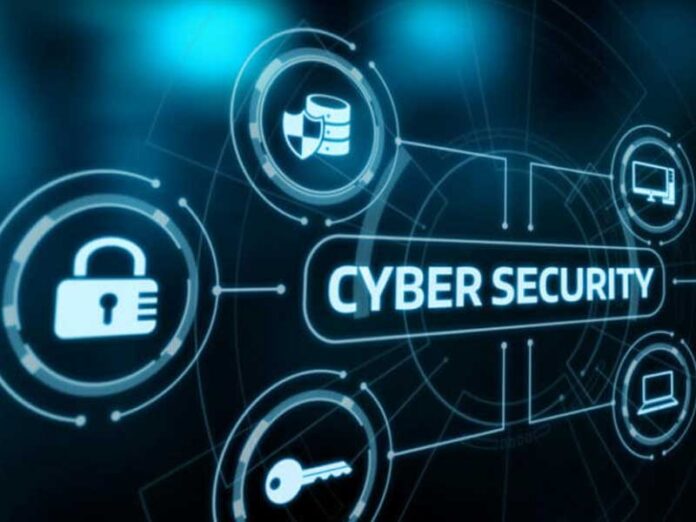Cybersecurity: Nigeria to Deploy IPV6 Technology to Track Internet Users, Transactions
CHIGOZIE AMADI
The federal government is to deploy and implement the latest Internet Protocol Version (IPV6) in the country to enable the country to identify and number internet users and devices and track internet transactions.
Minister of Communications Innovation and Digital Economy, Dr. Bosun Tijani, stated this at a one-day IPV6-Driven Digital Infrastructure Summit organised by the National Information Technology Development Agency (NITDA) yesterday, in Abuja.
The minister said the latest IPV6 version would enable authorities to identify online transaction users.
“The IPv6 protocol is the latest protocol responsible for ensuring that online transactions and activities allow authorities to identify users, not just for security, but also to ensure that the system isn’t used inappropriately.
“This is the standard used globally, but only a few countries are on the latest version. Countries like the US, France, Saudi Arabia, and UAE are on IPv6. Most countries are still catching up.
“Nigeria is now one of the first countries in Africa to migrate from IPv4 to IPv6, which means your providers can offer better services, ensure their systems are not easily hackable, and make sure the services they provide are always available by identifying where the traffic is coming from,” he said.
According to him, these are the technicalities of how systems get hacked, describing it as a fantastic move by the National Technology Development Agency (NITDA) and all the partners to ensure Nigeria is multiple steps ahead.
“Some of our companies are now operating on IPv6, but we would like to see it become the standard for every critical service provider within the digital economy space,” the minister said.
Speaking on the impact the IPV6 would have on cybersecurity, he added, “You can’t really do cybersecurity if you can’t track the traffic and identify the sources. Cybersecurity often involves people hiding in certain places to attack the system, but IPv6 improves the country’s capability to track traffic and ensure our citizens are safe.”
President Internet Protocol Version 6 (IPV6) Forum, Latif Ladid, said Nigeria was at the forefront when it comes to internet use in Africa and seventh in the world. And for that, Nigeria needs to upgrade from IPV4 to IPV6.
“Nigeria is the number one internet nation in Africa, and the seventh in the world. So that shows a sign that the internet is fairly widely spread, and we need to update the current protocol, which is IPV4r, to IPV6.
“Currently, we have only 4.3 billion IP addresses, but we ran back to them in 2011, so the new one would put something like 340 trillion, trillion addresses we have used only now 1/7. for the transit to IPV6, and we have kept 78 per cent of the address space for future generations. If the internet does not change, it can last for a couple of 1000 years, ” he said.
On the benefits of IPV6, he said, “Now, the impact is fundamental, because we are entering into the real internet deployment.
“Currently, the internet is more of a research network, and there’s a lot of business on top of it, but with IPv6, we’ll have a production internet.
“Then, in this case, we have to do peer-to-peer communication, as today, you cannot communicate with another person.
“You have to go through another platform, so be it Facebook or Twitter (X) and others. But in the future, you will have my own Facebook, my own Twitter, and then I can invite only some people to join me, not everyone. I can still cooperate with the social ones, but I can have direct communication, especially for business.
“In this case, you can do transactions directly between people. You can secure all the communication and be able to identify who is who and with whom you are talking. So that will reduce the number of attacks and will solidify cybersecurity.
“This is fundamental, and we had a discussion between the NITDA and the Finnish Straficom, which is one of the unique cyber security centres in the world, that would like to cooperate with Nigeria. This indicates that Nigeria will be at the forefront of using the new internet protocol for a wider aspect of the business.”
The Director General, NITDA, Kachifu Abdullahi, said the investment needed to implement the IPV6 would not be much, adding, “It doesn’t require a huge amount because most of our devices today are IPv6 compatible. The compatibility is there, but what’s lacking is the backward compatibility.
“For example, if you have an IPv4 device, you cannot access an IPv6 device.
“But most new devices are already IPv6 compatible, so what we need is strategy and policy direction because sometimes operators don’t like migrating since it requires them to change a lot of configurations.”





















